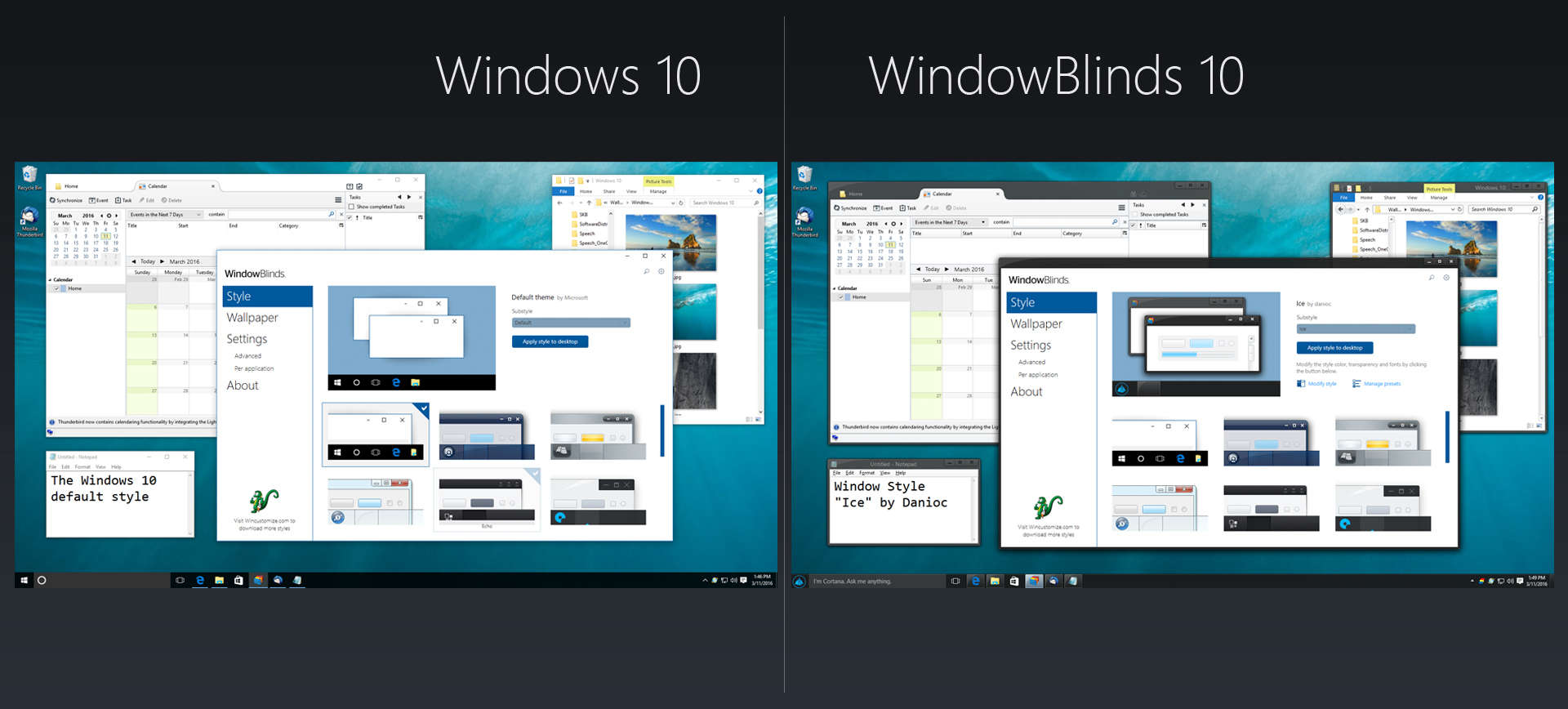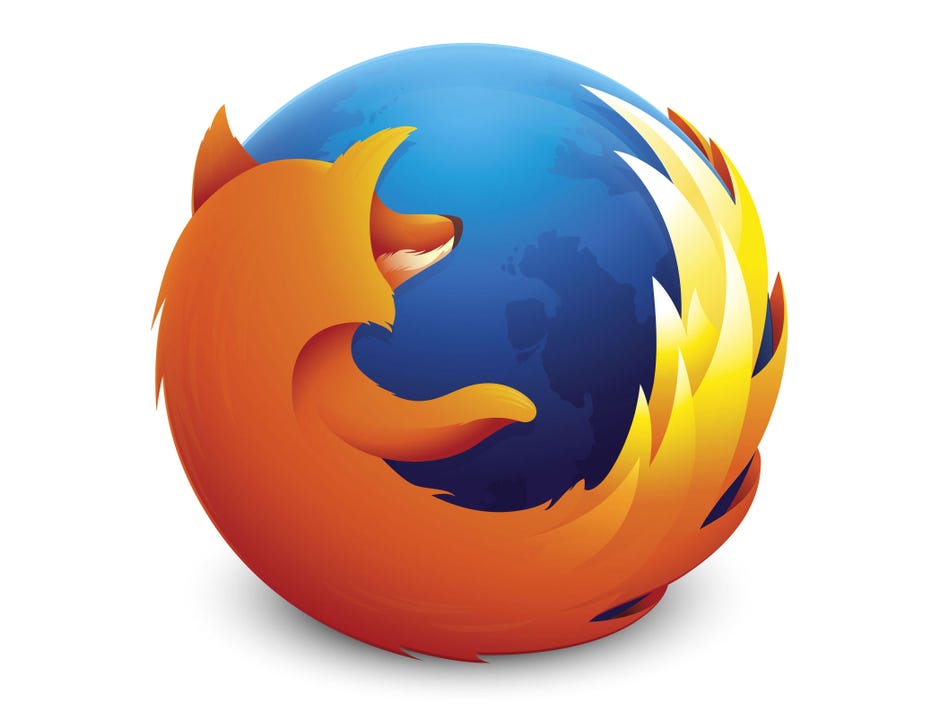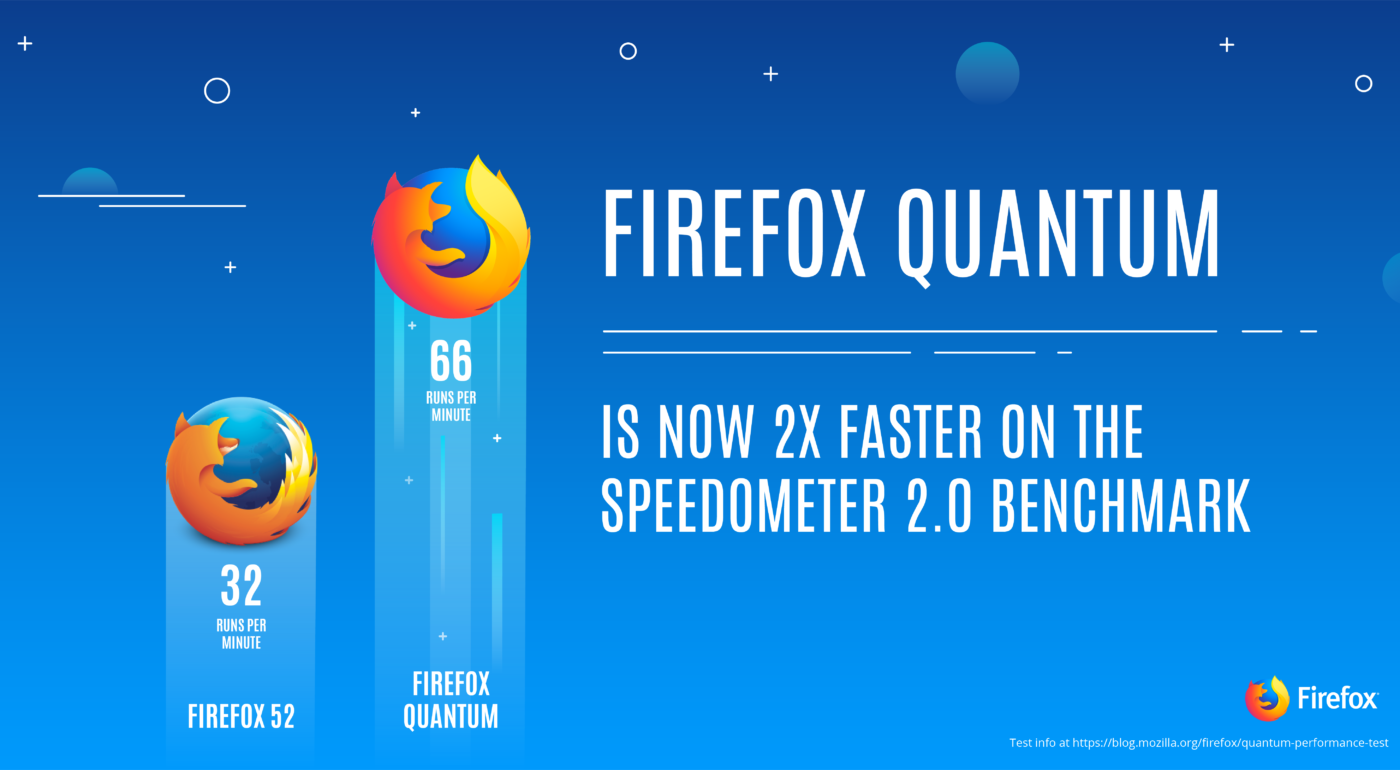Mozilla New Version
Mozilla Firefox (64-bit) - Mozilla Firefox is a fast, light and tidy open source web browser. At its public launch in 2004 Mozilla Firefox was the first browser to.
- Mozilla New Version
- Mozilla New Version 2019
- Mozilla New Version 2021
- Free Download Firefox Mozilla New Version
- Mozilla Firefox New Version 2021
Mozilla New Version
With this brand new release of Firefox, powerful new features have been added that make your online search experience more intuitive and user-friendly. 🦊 Download Mozilla Firefox 2020 - Free and Brand New Version. Firefox was created by Dave Hyatt and Blake Ross as an experimental branch of the Mozilla browser, first released as Firefox 1.0 on November 9, 2004. Starting with version 5.0, a rapid release cycle was put into effect, resulting in a new major version release every six weeks.
Beginning last year, the internet began playing a bigger role in our lives than ever before. In the US, we went from only three percent of workers to more than forty percent working from home in 2020, all powered by the web. We also relied on it to stay informed, and connect with friends and family when we couldn’t meet in-person.
And despite the many difficulties we all have faced online and offline, we’re proud to keep making Firefox an essential part of what makes the web work.

Today I’m sharing two new features: multiple picture-in-picture (multi-PiP) and our latest privacy protection combo. Multi-PiP allows multiple videos to play at the same time — all the adorable animal videos or NCAA Tournament anyone? And our latest privacy protection, the dynamic duo of Total Cookie Protection (technically known as State Partitioning or Dynamic First-Party Isolation) and Supercookie Protections (launched in last month’s release) are here to combat cross-site cookie tracking once and for all.
Today’s Firefox features:
Multiple Picture-in-Picture to help multi-task
Our Picture-in-Picture feature topped our Best of Firefox 2020 features list and we heard from people who wanted more than just one picture-in-picture view. In today’s release, we added multiple picture-in-picture views, available on Mac, Linux and Windows, and includes keyboard controls for fast forward and rewind. Haven’t been to a zoo in a while? Now, you can visit your favorite animal at the zoo, along with any other animals around the world with multiple views. Also, we can’t help that it coincides with one of the biggest sports events this year in March.
New privacy protections to stop cookie tracking
Today, we are announcing Total Cookie Protection for Firefox, a major new milestone in our work to protect your privacy. Total Cookie Protection stops cookies from tracking you around the web by creating a separate cookie jar for every website. Total Cookie Protection joins our suite of privacy protections called ETP (Enhanced Tracking Protection). In combining Total Cookie Protection with last month’s supercookie protections, Firefox is now armed with very strong, comprehensive protection against cookie tracking. This will be available in ETP Strict Mode in both the desktop and Android version. Here’s how it works:
Total Cookie Protection confines all cookies from each website in a separate cookie jar
In our ongoing commitment to bring the best innovations in privacy, we are working tirelessly to improve how Firefox protects our users from tracking. In 2019, Firefox introduced Enhanced Tracking Protection (ETP) which blocks cookies from known, identified trackers, based on the Disconnect list. To bring even more comprehensive protection, Total Cookie Protection confines all cookies from each website in a separate cookie jar so that cookies can no longer be used to track you across the web as you browse from site to site. For a technical look at how this works, you can dig into the details in our post on our Security Blog. You can turn on Total Cookie Protection by setting your Firefox privacy controls to Strict mode.

Join our journey to evolve Firefox
If it’s been a while since you’ve used Firefox, now is the time to try Firefox again and see today’s features. You can download the latest version of Firefox for your desktop and mobile devices and get ready for an exciting year ahead.
HTML5 is the latest evolution of the standard that defines HTML. The term represents two different concepts. It is a new version of the language HTML, with new elements, attributes, and behaviors, and a larger set of technologies that allows the building of more diverse and powerful Web sites and applications. This set is sometimes called HTML5 & friends and often shortened to just HTML5.
Designed to be usable by all Open Web developers, this reference page links to numerous resources about HTML5 technologies, classified into several groups based on their function.
- Semantics: allowing you to describe more precisely what your content is.
- Connectivity: allowing you to communicate with the server in new and innovative ways.
- Offline and storage: allowing webpages to store data on the client-side locally and operate offline more efficiently.
- Multimedia: making video and audio first-class citizens in the Open Web.
- 2D/3D graphics and effects: allowing a much more diverse range of presentation options.
- Performance and integration: providing greater speed optimization and better usage of computer hardware.
- Device access: allowing for the usage of various input and output devices.
- Styling: letting authors write more sophisticated themes.
Semantics
- Sections and outlines in HTML5
- A look at the new outlining and sectioning elements in HTML5:
<section>,<article>,<nav>,<header>,<footer>and<aside>. - Using HTML5 audio and video
- The
<audio>and<video>elements embed and allow the manipulation of new multimedia content. - Forms improvements
- A look at the constraint validation API, several new attributes, new values for the
<input>attributetypeand the new<output>element. - New semantic elements
- Beside sections, media and forms elements, there are numerous new elements, like
<mark>,<figure>,<figcaption>,<data>,<time>,<output>,<progress>, or<meter>and<main>, increasing the number of valid HTML5 elements. - Improvement in
<iframe> - Using the
sandboxandsrcdocattributes, authors can now be precise about the level of security and the wished rendering of an<iframe>element. - MathML
- Allows directly embedding mathematical formulas.
- Introduction to HTML5
- This article introduces how to indicate to the browser that you are using HTML5 in your web design or web application.
- HTML5 Reference Guide
- Quick-reference HTML5 sheet containing markup generators, code examples and web developer tools. The guide is downloadable for ease of use and access. This page was created with help from the W3C as a quick guide for those who have some basic familiarity and experience using HTML5.
- Downloadable HTML5 Guide
- A quick guide to HTML5, including the common HTML tags as well as the new HTML5 tags. Downloadable in PDF and PNG formats.
- HTML5 Cheat Sheet
- A handy HTML 5 cheat sheet for beginners who want to master HTML 5, its elements, event attributes and compatibility.
- Editable HTML5 Cheat Sheet
- A beginner-friendly and editable cheat sheet with HTML5 examples that is aimed at anyone wanting to learn and use HTML5.
- HTML5-compliant parser
- The parser, which turns the bytes of an HTML document into a DOM, has been extended and now precisely defines the behavior to use in all cases, even when faced with invalid HTML. This leads to far greater predictability and interoperability between HTML5-compliant browsers.
Connectivity
Mozilla New Version 2019
- Web Sockets
- Allows creating a permanent connection between the page and the server and to exchange non-HTML data through that means.
- Server-sent events
- Allows a server to push events to a client, rather than the classical paradigm where the server could send data only in response to a client's request.
- WebRTC
- This technology, where RTC stands for Real-Time Communication, allows connecting to other people and controlling videoconferencing directly in the browser, without the need for a plugin or an external application.
Offline & storage
- Offline resources: The application cache
- Firefox fully supports the HTML5 offline resource specification. Most others have offline resource support at some level.
- Online and offline events
- Firefox 3 supports WHATWG online and offline events, which let applications and extensions detect whether or not there's an active Internet connection, as well as to detect when the connection goes up and down.
- WHATWG client-side session and persistent storage (aka DOM storage)
- Client-side session and persistent storage allows web applications to store structured data on the client side.
- IndexedDB
- IndexedDB is a web standard for the storage of significant amounts of structured data in the browser and for high performance searches on this data using indexes.
- Using files from web applications
- Support for the new HTML5 File API has been added to Gecko, making it possible for web applications to access local files selected by the user. This includes support for selecting multiple files using the
<input>of typefile HTML element's new multiple attribute. There also isFileReader.

Multimedia
- Using HTML5 audio and video
- The
<audio>and<video>elements embed and allow the manipulation of new multimedia content. - WebRTC
- This technology, where RTC stands for Real-Time Communication, allows connecting to other people and controlling videoconferencing directly in the browser, without the need for a plugin or an external application.
- Track and WebVTT
- The
<track>element allows subtitles and chapters. WebVTT is a text track format.
2D/3D graphics AND effects
- Canvas tutorial
- Learn about the new
<canvas>element and how to draw graphs and other objects in Firefox. - HTML5 Text API for
<canvas>elements - The HTML5 text API is now supported by
<canvas>elements. - WebGL
- WebGL brings 3D graphics to the Web by introducing an API that closely conforms to OpenGL ES 2.0 that can be used in HTML5
<canvas>elements. - SVG
- An XML-based format of vectorial images that can directly be embedded in the HTML.
Performance and Integration
- Web Workers
- Allows delegation of JavaScript evaluation to background threads, allowing these activities to prevent slowing down interactive events.
XMLHttpRequestlevel 2- Allows fetching asynchronously some parts of the page, allowing it to display dynamic content, varying according to the time and user actions. This is the technology behind Ajax.
- JIT-compiling JavaScript engines
- The new generation of JavaScript engines is much more powerful, leading to greater performance.
- History API
- Allows the manipulation of the browser history. This is especially useful for pages loading interactively new information.
- The contentEditable Attribute: Transform your website to a wiki!
- HTML5 has standardized the contentEditable attribute. Learn more about this feature.
- Drag and drop
- The HTML5 drag and drop API allows support for dragging and dropping items within and between web sites. This also provides a simpler API for use by extensions and Mozilla-based applications.
- Focus management in HTML
- The new HTML5
activeElementandhasFocusattributes are supported. - Web-based protocol handlers
- You can now register web applications as protocol handlers using the
navigator.registerProtocolHandler()method. - requestAnimationFrame
- Allows control of animations rendering to obtain optimal performance.
- Fullscreen API
- Controls the usage of the whole screen for a Web page or application, without the browser UI displayed.
- Pointer Lock API
- Allows locking the pointer to the content, so games and similar applications don't lose focus when the pointer reaches the window limit.
- Online and offline events
- In order to build a good offline-capable web application, you need to know when your application is actually offline. Incidentally, you also need to know when your application has returned to an online status again.
Mozilla New Version 2021
Device access
- Using the Camera API
- Allows using, manipulating, and storing an image from the computer's camera.
- Touch events
- Handlers to react to events created by a user pressing touch screens.
- Using geolocation
- Let browsers locate the position of the user using geolocation.
- Detecting device orientation
- Get the information when the device on which the browser runs changes orientation. This can be used as an input device (e.g., to make games that react to the position of the device) or to adapt the layout of a page to the orientation of the screen (portrait or landscape).
- Pointer Lock API
- Allows locking the pointer to the content, so games and similar application don't lose focus when the pointer reaches the window limit.
Styling
Free Download Firefox Mozilla New Version

CSS has been extended to be able to style elements in a much more complex way. This is often referred as CSS3, though CSS is not a monolithic specification any more and the different modules are not all at level 3: some are at level 1 and others at level 4, with all the intermediate levels covered.
Mozilla Firefox New Version 2021
- New background styling features
- It is now possible to put shadows on elements using
box-shadow, multiple backgrounds, and CSSfilters. You can learn more about these by reading Advanced box effects. - More fancy borders
- Not only it is now possible to use images to style borders, using
border-imageand its associated longhand properties, but rounded borders are supported via theborder-radiusproperty. - Animating your style
- Using CSS Transitions to animate between different states or using CSS Animations to animate parts of the page without a triggering event, you can now control mobile elements on your page.
- Typography improvement
- Authors have better control to reach better typography. They can control
text-overflowand hyphenation, but also can add a shadow to it or control more precisely its decorations. Custom typefaces can be downloaded and applied thanks to the new@font-faceat-rule. - New presentational layouts
- In order to improve the flexibility of designs, two new layouts have been added: the CSS multi-column layouts and CSS flexible box layout.
